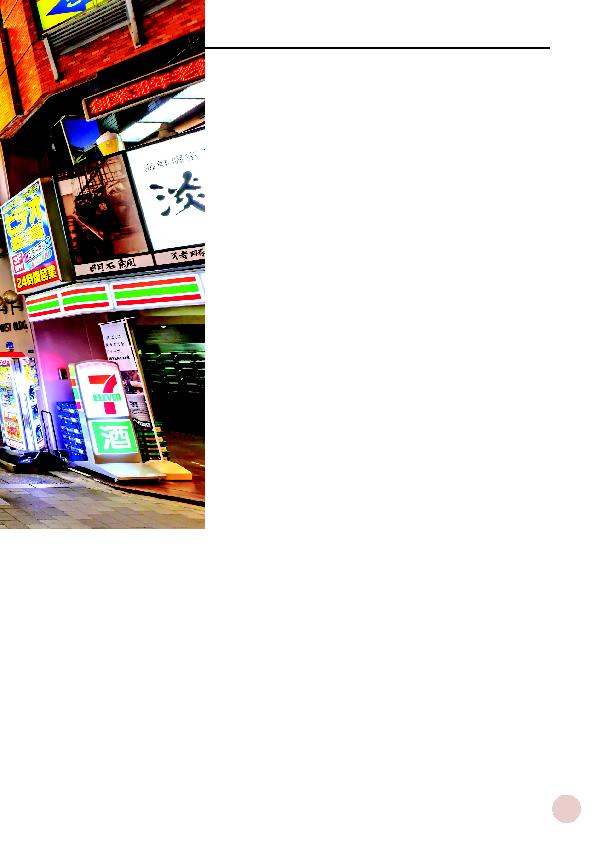
complaints against advertisements
made on the VB Beer Facebook
page (Case Number 0272/12) and
the Smirnoff Vodka Facebook page
(Case Number 0272/12). What made
these complaints unique was that they
were against user comments on the
page rather than against comments
made by VB or Smirnoff. The
complaints were made on the basis
that the user comments were sexist,
racist, discriminatory, encouraging
irresponsible drinking, or using
obscene language.
cases are inconclusive as despite
having similar material posted on their
pages, the Smirnoff complaint was
dismissed whilst the VB complaint
was upheld. Yet what makes these
the first time in which the Advertising
Standards Board has held companies
accountable for comments of the
general public on Facebook. This
could have dire consequences for
companies advertising on Facebook
especially when you consider that a
company a large as Smirnoff, which
has 9.1 million likes, now has to
monitor every post on its page.
If Facebook is the innovative area
of advertising, the classic area falls
under the famous saying that "sex
sells." The problem however is that
the increase in sales often correlates
to an increase in complaints. As a
result many of the complaints received
by the Advertising Standard Board
relate to the use of sex in advertising.
In most cases, these complaints are
usually an overreaction and are thus
dismissed. The following are three
examples of complaints based on
sexual innuendo that were determined
in February 2013.
advertisement is an `image on the
Burger Urge website of a woman
licking the face of a cow. The
cow is wearing a monocle and a
top hat and the accompanying
text reads, "Get intimate with
our new premium beef". Despite
the complaint suggesting the
sexual innuendo was "wrong
and perverted" the claim was
ultimately dismissed on the basis
that the image was not overly
sexualised or provocative.
television advertisement shows a
man walking through the desert
praising the benefits of Thirsty
Camel's Hump Club loyalty
program. The advertisement ends
with the phrase "get humping
that `get humping today' could
be viewed as a double entendre
for intercourse. Ultimately the
complaint was dismissed since
the phrase was used in the proper
context of camels.
Number 0050/13) Some bottles
depicted an image of a young
woman riding a bicycle next to
the words "Enjoy Irresponsibly".
One of the complaints made was
that the advertisement "exploits
and sexualises young females
(new virgins)." The complaint
was dismissed since the
advertisement did not sexualise
young females, the word "virgin"
is commonly used to refer to
"virgin cocktails" and because the
words "Enjoy Irresponsibly" could
be read as a satirical take on the
alcohol industry's message "drink
responsibly".
and The Gruen Transfer tend to
focus either on the production
of advertisements or on the
advertisements themselves. But much
like Don Draper after a big night
out, advertisements often create an
aftermath in the form of complaints.
So whether it is user comments
on Facebook, a message to start
humping today or an encouragement
to drink irresponsibly, you can bet
someone will make a complaint and
that complaint will be determined
by the Advertisement Standards
Bureau. Ultimately then it appears
that advertising is just as much
about complaints and the complaint
process as it is about the actual
advertisements.